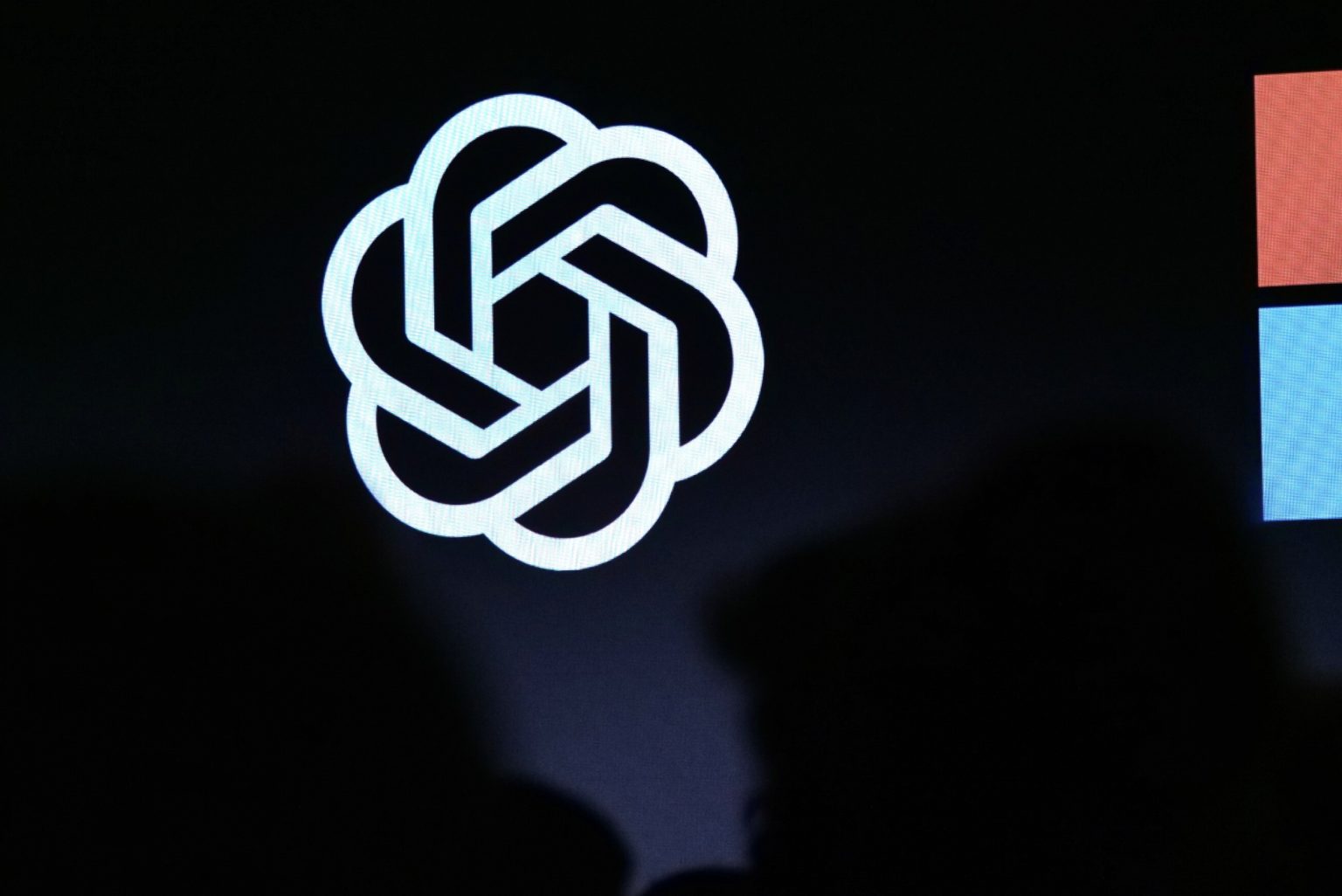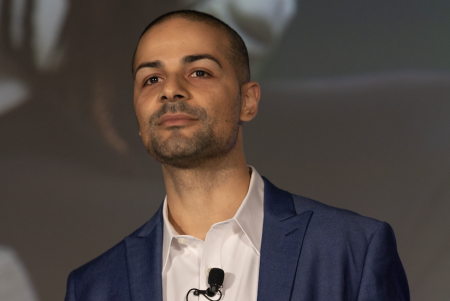The landscape of artificial intelligence is shifting dramatically with the announcement of Stargate, a monumental $500 billion AI infrastructure project spearheaded by OpenAI, Oracle, and SoftBank, with the backing of President Trump. This venture signifies a strategic realignment in the relationship between Microsoft and OpenAI, altering the dynamics of their previously exclusive partnership. While Microsoft retains its crucial role as OpenAI’s primary cloud provider and retains exclusive rights to the OpenAI API, the exclusivity regarding future cloud capacity expansion has been modified. Microsoft now holds a right of first refusal, allowing OpenAI the freedom to collaborate with other cloud providers, primarily Oracle, for the substantial computing power demanded by the ambitious Stargate project.
The Stargate project aims to establish a robust and expansive AI infrastructure within the United States, addressing the growing global demand for advanced computing resources necessary for training and deploying increasingly complex AI models. The initial investment of $100 billion, with a projected growth to $500 billion over the next four years, underscores the scale and ambition of this undertaking. This unprecedented investment dwarfs previous AI infrastructure projects, positioning Stargate as the largest of its kind in history. The project’s focus on domestic infrastructure development aligns with national strategic interests in fostering technological leadership and bolstering national security in the rapidly evolving AI arena.
The partnership between OpenAI, Oracle, and SoftBank brings together key players with diverse strengths. OpenAI, at the forefront of AI research and development with its groundbreaking models like ChatGPT, provides the technological expertise and driving vision. Oracle, a seasoned player in enterprise computing and cloud infrastructure, contributes its vast experience in building and managing large-scale data centers and cloud platforms. SoftBank, a global investment giant with a history of backing transformative technologies, brings its financial muscle and strategic vision to the table. The synergy of these three powerhouses, combined with technological partnerships with industry giants like Microsoft, Nvidia, and Arm, creates a formidable alliance poised to reshape the future of AI.
Microsoft’s revised agreement with OpenAI, while relinquishing exclusivity on future capacity expansion, reinforces its commitment to the partnership. Microsoft will continue to be the primary cloud provider for all OpenAI products and training, ensuring the seamless operation of existing services and the development of future AI innovations. The “right of first refusal” provision allows Microsoft to maintain a significant influence over OpenAI’s infrastructure decisions, offering the opportunity to match competing offers for future capacity expansion. This strategic move allows Microsoft to prioritize its resources and investments while simultaneously supporting OpenAI’s growth and ambition.
OpenAI’s leadership role in the Stargate project is further emphasized by its equity stake, governance rights, and operational control within the venture. This level of involvement highlights OpenAI’s commitment to shaping the project’s direction and ensuring its alignment with its long-term research and development goals. By securing a significant ownership stake and operational control, OpenAI can directly influence the development and deployment of the AI infrastructure, maximizing its impact on the broader AI ecosystem. This strategic positioning also allows OpenAI to leverage the resources and expertise of its partners while maintaining its independence and driving its own innovative agenda.
The implications of the Stargate project extend beyond the immediate partnership between OpenAI, Oracle, and SoftBank. The establishment of a large-scale, domestically located AI infrastructure has significant ramifications for the broader technology landscape. The increased availability of advanced computing resources will likely accelerate AI research and development across various sectors, fueling innovation and driving the adoption of AI-powered solutions. Moreover, the project’s focus on US-based infrastructure could bolster national competitiveness in the global AI race and contribute to job creation within the technology sector. The Stargate project represents a pivotal moment in the evolution of artificial intelligence, signaling a new era of collaboration, investment, and innovation with far-reaching consequences for the future of technology and society.















